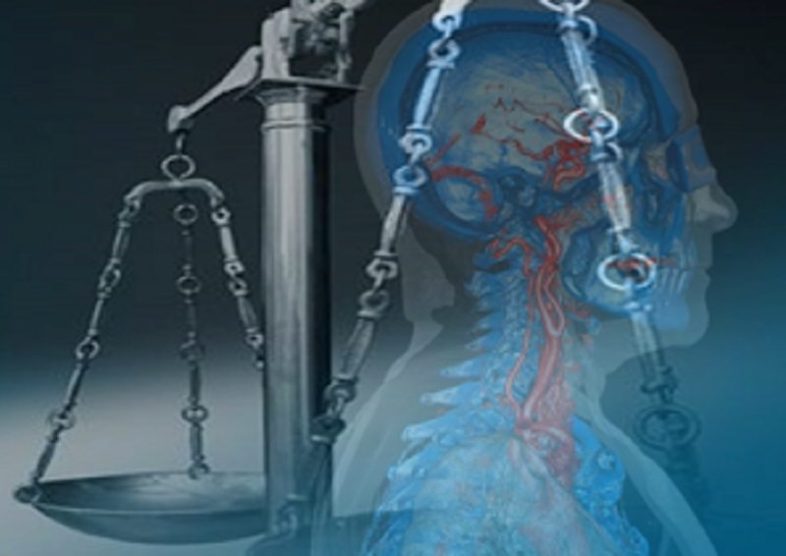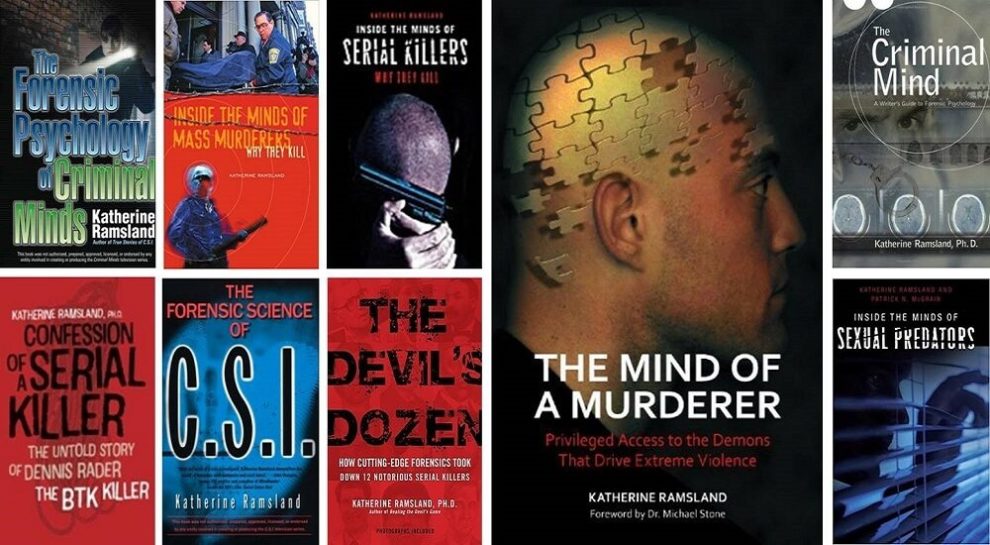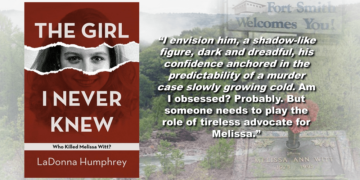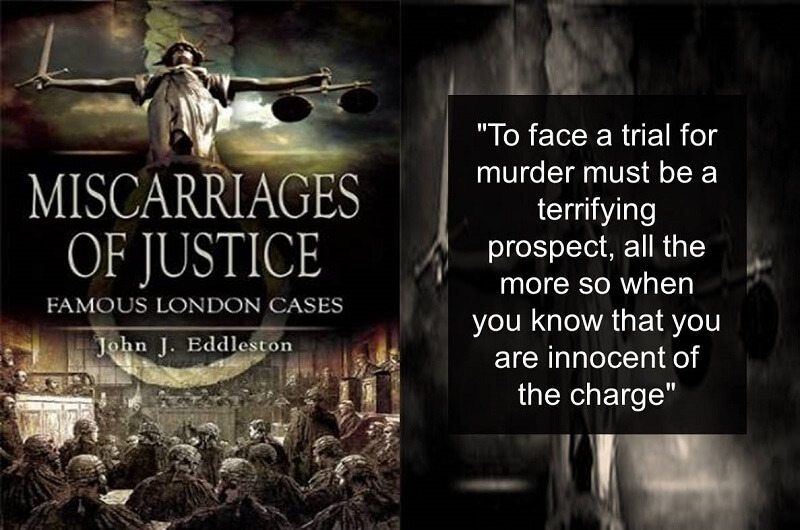by legal scholar Jackson Anderson
For a healthy relationship to thrive, there needs to be a balanced power dynamic and equality between both parties. This means that each person should mutually benefit from the relationship, and nobody should try to assert dominance and power over the other.
Unfortunately, some people carry out actions to mistreat you for their own purpose. These can be within any relationship, from an intimate partner, family member, caregiver, or an authority figure such as a work manager or teacher.
Abuse is a pervasive social issue that can be tackled and even avoided by individuals with better awareness. If you can look out for common red flags in people whose actions could indicate they intend to harm you, you can find ways to seek help before any situation gets worse.
Here are five tell-tale signs of an abusive person.
1. Makes Threats
In this case, an abusive person can be identified by how they use fear to control and treat you in a relationship. Many abusers use threats as a fear and intimidation tactic to assert their dominance and make themselves feel powerful over a defenceless person. This behaviour is also a means to coerce you into accepting their demands.
The easily noticeable threats are words and actions by the abuser that make you feel like your safety is in danger. They can be verbal statements telling you that they intend to kill you or physical threats such as breaking your personal belongings to keep you in a state of fear. If your relationship has escalated to threats, you can seek the protection of legal services to pursue a lawsuit against them. You can read more here.
Another point, threats can be challenging to detect because abusers can sometimes be subtle by using worry-inducing tacts rather than outright fear. For instance, they might bluff about killing themselves or breaking up with you if you don’t oblige to their commands what they say or threaten to tell people your secrets. In these instances, you may not feel like you’re in danger, but the abuser has made you feel insecure.
2. Shows Controlling Behaviour
One of the most prominent signs of an abusive person is how controlling they are towards you and other people in their lives. It’s one of the first signals that suggest a relationship is escalating to an unhealthy and unequal power dynamic.
Controlling behaviour is when the abuser starts to direct every action you do and expects you to comply. This can include not allowing you to make decisions for yourself, meddling in your personal business, not giving you any privacy, and preventing you from seeing friends or family. You may feel the need to ask them for permission to do tasks because they tend to have the final say in all your affairs.
Along with this type of controlling behaviour comes jealousy and possessiveness, and the abuser wants to control the interactions you have with other people. They constantly ask questions about where you are in an excessive and suspicious monitoring tactic. Controlling abusers often frame their behaviour as a loving concern for you.
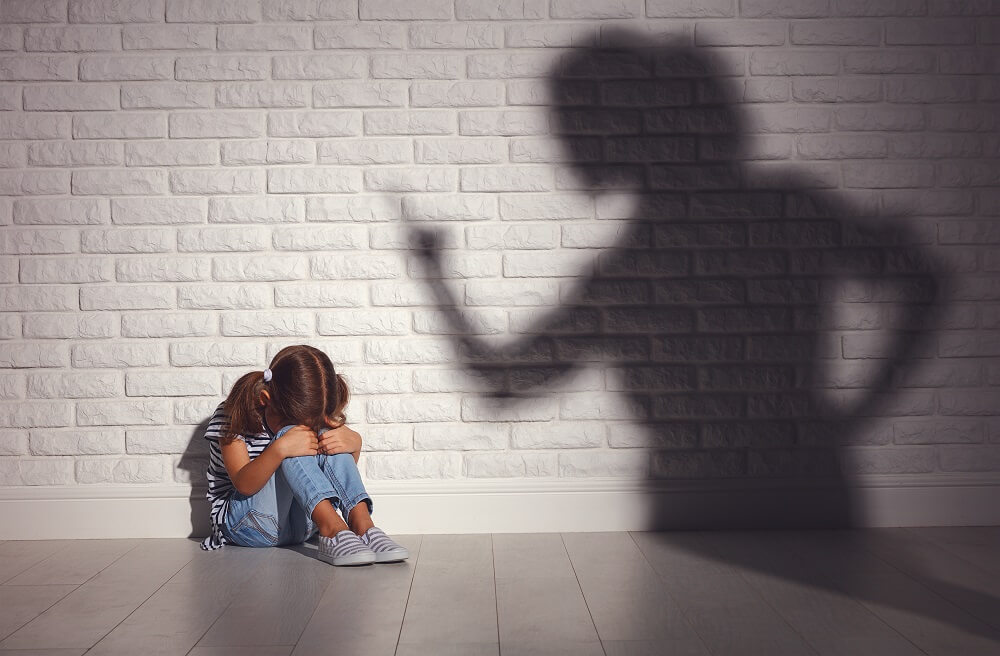
3. Engages In Physical Violence
Physical abuse is sadly a common factor in unequal relationships, where a person in power uses violent force to intentionally harm you or a loved one. Some of the most vulnerable people in society are often subjected to or at risk of physical abuse. This is usually women, children, people with disability, and the elderly.
However, this form of violence can happen to anyone in a situation where they’re dependent on someone else for care. It also includes sexual assault and domestic violence. An abuser engaging in physical acts of violence uses striking, strangling or dangerous weapons and objects to inflict pain and injury on your body.
They might also throw objects at you or handle you in a way that hurts you, such as pushing you, tripping you, or restraining you. In essence, it’s a physical action that involves unwanted injurious contact between you and someone else.
4. Violates Personal Boundaries
Personal boundaries are important rules to set for any interpersonal relationship to work. They allow you to retain your own individuality and act as a guideline for how others should treat or approach you. An example of personal boundaries in any type of relationship is giving you time to yourself, respecting your privacy, and not engaging in practices that make you uncomfortable.
Since an abuser has little to no respect for you as an independent person, they’ll often violate your personal boundaries. They may not comply with your consent or coerce you to change your mind about consent. In other words, if you say ‘no’ to the abuser in any situation to refuse their actions, they still do it anyways. In many cases, abusers will give excuses for violating your personal boundaries, such as justifying their conduct ‘for your benefit’.
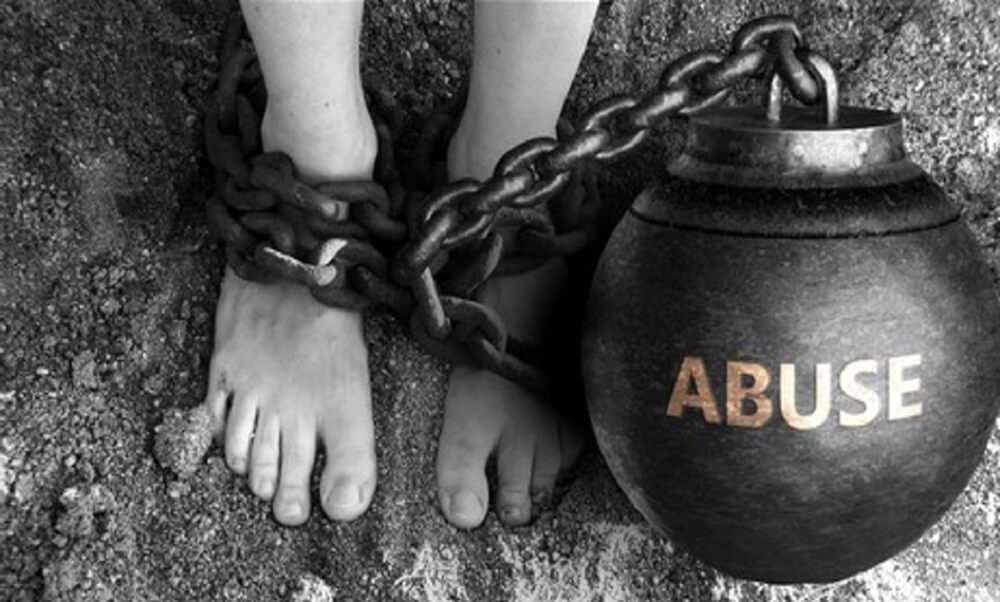
5. They’re Emotionally Manipulative
The broad spectrum of manipulation is when an abuser exploits or influences your mental and emotional state in a harmful way. They take advantage of you to serve their own agenda and gain a desirable result from your weakened state.
There are numerous tactics that an abusive person might use to manipulate you. These can be instances of gaslighting and love bombing, distortion of facts, public shaming and humiliation, withholding finances from you, and denying your needs, among many others.
One common theme of emotional manipulation is how abusers aim to lower your self-esteem and make you feel like you’re an irrational person. They will often try to frame their actions as your fault, so you take responsibility. Putting you in a negative emotional state thus makes you easier for them to control.
Conclusion:
The most significant sign of an abusive person is mistreating a person they have power over. They use social strategies such as fear, manipulation, violence, and control to keep and strengthen that power further. Being in the company of an abusive person can make you live in constant fear for your safety and diminish your self-worth. Since every abusive person has their own way and intensity levels of mistreating people, these signs should be used as a guide of what to be conscious of in existing or future relationships. You should also trust your instincts and seek help if you ever recognise abusive behaviour from someone towards you.
About the Author: Jackson Anderson is a legal scholar. He shares his knowledge through blogging and guest posts online. When he’s not working, he enjoys hiking and fishing.











